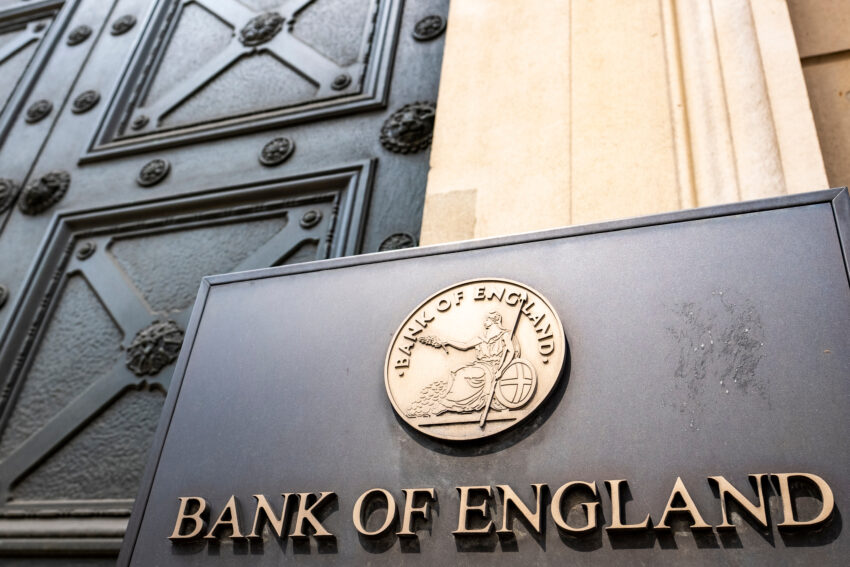The UK’s recession indicators are not yet flashing red but another surprise jump in consumer price inflation in March will add to fears that economic growth will shudder to a halt in the second half of the year.
Last month’s 7 per cent inflation reading was the sixth consecutive time that consumer price rises have come in higher than markets have forecast. The outlook will get worse before it gets better.
Economists expect UK CPI to climb above 8 per cent in April once the 54 per cent rise in Ofgem’s energy cap that kicked in this month is accounted for. This time last year, inflation stood at 0.7 per cent, making the 12-month increase the fastest acceleration in prices since comparable records began.
Inflationary spirals of this kind are historically halted by central banks yanking up interest rates to tighten credit conditions, forcing a slowdown in consumption and putting the brakes on growth. The most notable example was the “Volckerism” of the 1980s in the US — the eponymous era of Federal Reserve chairman Paul Volcker, who engineered a recession to contain runaway inflation caused by the 1970s oil crisis.
This time round, central bankers think they can keep the lid on inflation while engineering a soft economic landing, avoiding repeating the mistakes of the past. The Bank of England last month signalled that only a “modest tightening in monetary policy” was needed over the coming months — a judgment it warned could be revised, subject to new economic forecasts it will present in early May.
The Bank’s new projections are likely to show a further deterioration in the inflation outlook compared to its last figures from February, before the outbreak of war in Ukraine. Economic forecasting, however, remains a perilously time-sensitive task. The direction of the Russia-Ukraine conflict is the most significant factor in estimating just how long the supply-side shock from higher oil, natural gas, food, commodity and fertiliser prices will persist. Rate-setters are unlikely to have any more of a privileged insight into the intentions of Vladimir Putin than the rest of us.
The global inflation outlook would take a major hit should the European Union resolve its differences and impose a full-scale ban on Russian energy imports. Such a move would almost certainly tip the EU into a recession — and help drag the UK down with it. A recession is defined as two consecutive quarters of economic contraction.
For now, forecasters expect a significant slowdown in the UK economy but not a technical recession after a better-than-expected rebound from the pandemic at the start of the year. Goldman Sachs estimates that energy disruption will hit growth in Germany by 1.5 per cent this year, and 1.1 per cent in Italy, with the UK at a more modest 0.1 per cent.
Sanjay Raja, UK economist at Deutsche Bank, expects UK GDP will still expand by 3.8 per cent this year but with “the economy largely in stagflation for the next two out of three quarters”.
For Seth Carpenter at Morgan Stanley, this “hiking cycle is the first one since the 1970s where the aim is to lower inflation rather than prevent it from rising. A policy mistake that causes a recession is clearly possible.”


